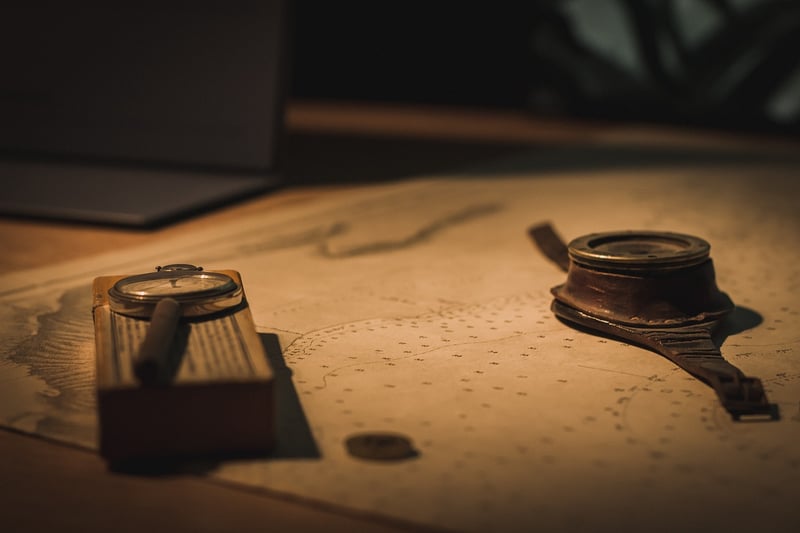Historical Navigators
Exploring the World: Meet the Pioneers and Historical Navigators
Throughout history, there have been brave individuals whose thirst for discovery and adventure led them to explore the unknown corners of the earth. These pioneers and historical navigators played a crucial role in shaping our understanding of the world and expanding the boundaries of human knowledge. Let's take a closer look at some of these remarkable figures who dared to sail uncharted waters, traverse rugged terrains, and chart new territories.
1. Christopher Columbus
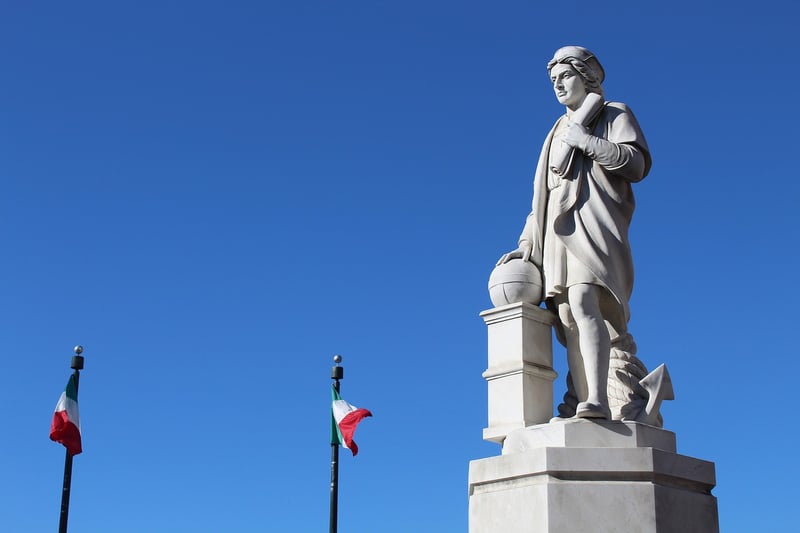
Christopher Columbus, an Italian explorer, is perhaps one of the most famous historical navigators. In 1492, he set sail across the Atlantic Ocean in search of a new trade route to Asia but stumbled upon the Americas instead. His voyages marked the beginning of European exploration and colonization of the Americas.
2. Ferdinand Magellan
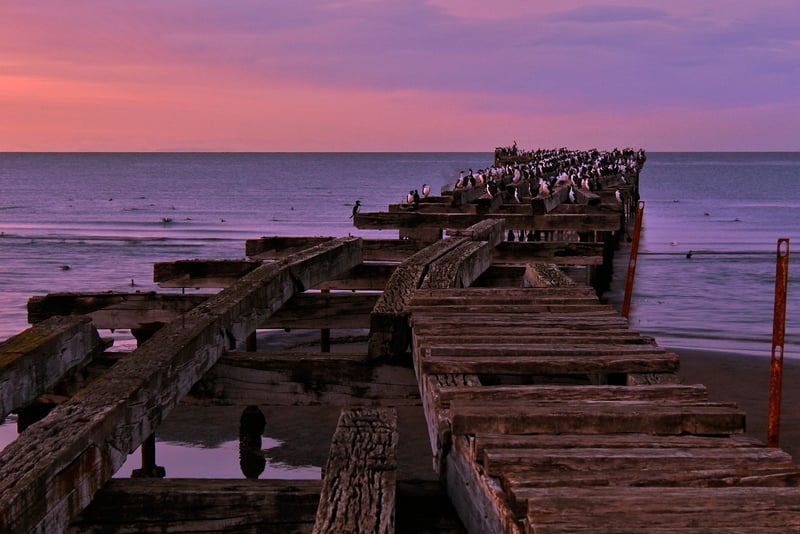
Ferdinand Magellan, a Portuguese explorer, is known for leading the first expedition to circumnavigate the globe. Despite losing his life during the voyage, his crew completed the journey, proving that the earth was indeed round and significantly expanding our understanding of global geography.
3. Captain James Cook
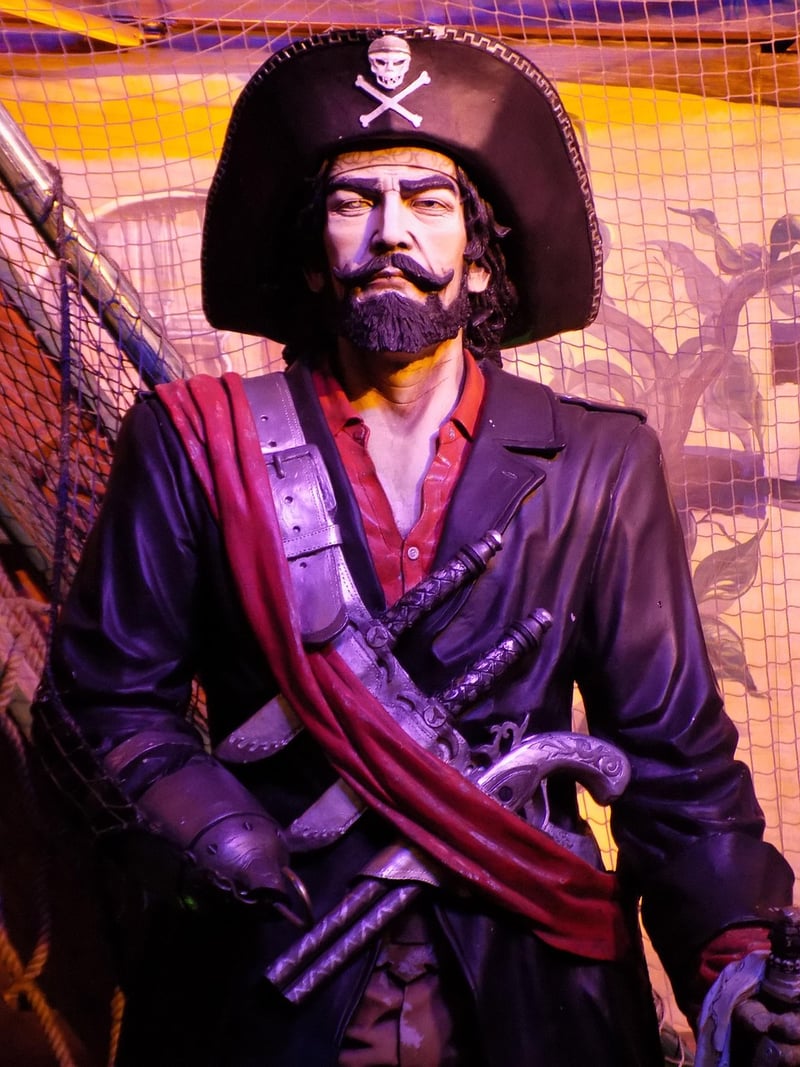
Captain James Cook, a British explorer, undertook multiple voyages to the Pacific Ocean, mapping and exploring vast stretches of previously uncharted territory. His discoveries played a crucial role in advancing scientific knowledge and understanding of the Pacific region.
4. Zheng He
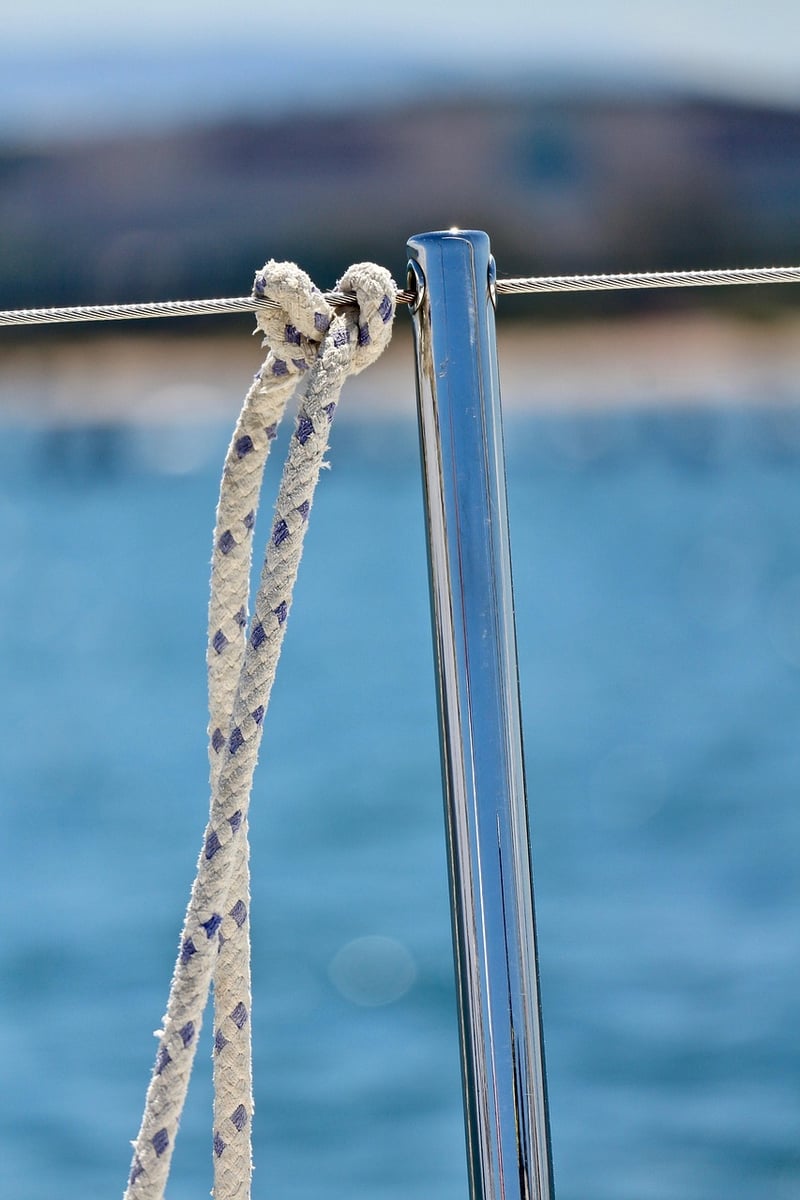
Zheng He, a Chinese admiral and diplomat, led several maritime expeditions in the 15th century, reaching as far as Africa and the Middle East. His voyages demonstrated China's naval prowess and established diplomatic relations with distant lands, showcasing the country's influence on a global scale.
5. Sacagawea
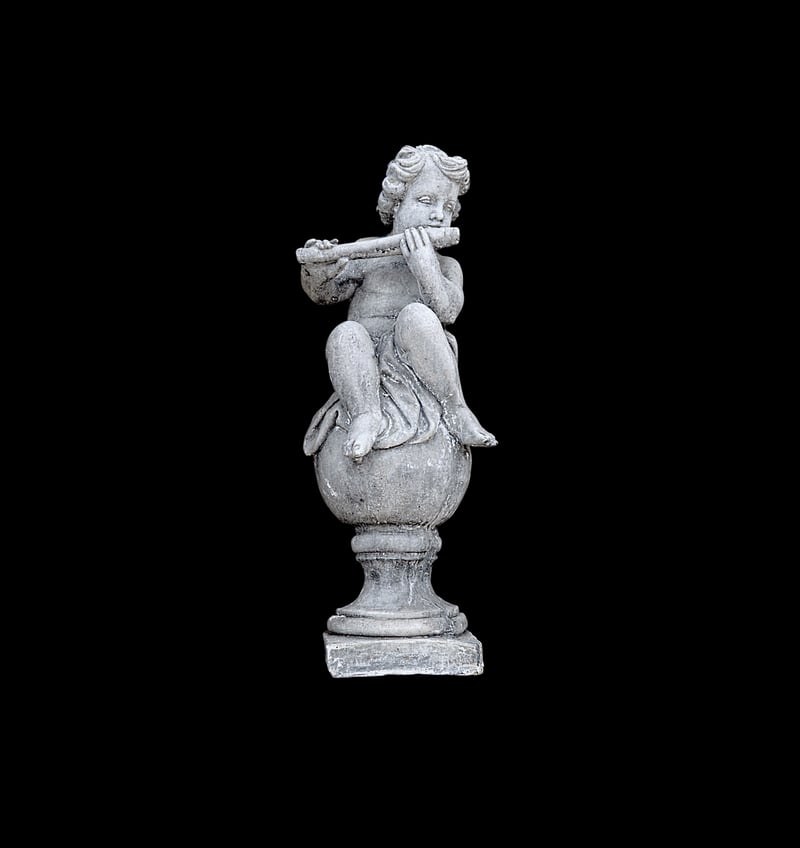
Sacagawea, a Lemhi Shoshone woman, accompanied the Lewis and Clark Expedition as an interpreter and guide. Her knowledge of the terrain and diplomatic skills were instrumental in the success of the expedition, which aimed to explore the newly acquired Louisiana Territory and establish a route to the Pacific Ocean.
These pioneers and historical navigators paved the way for future explorers and contributed significantly to our understanding of the world. Their courage, determination, and spirit of adventure continue to inspire generations of adventurers and scholars to push the boundaries of exploration and discovery.
